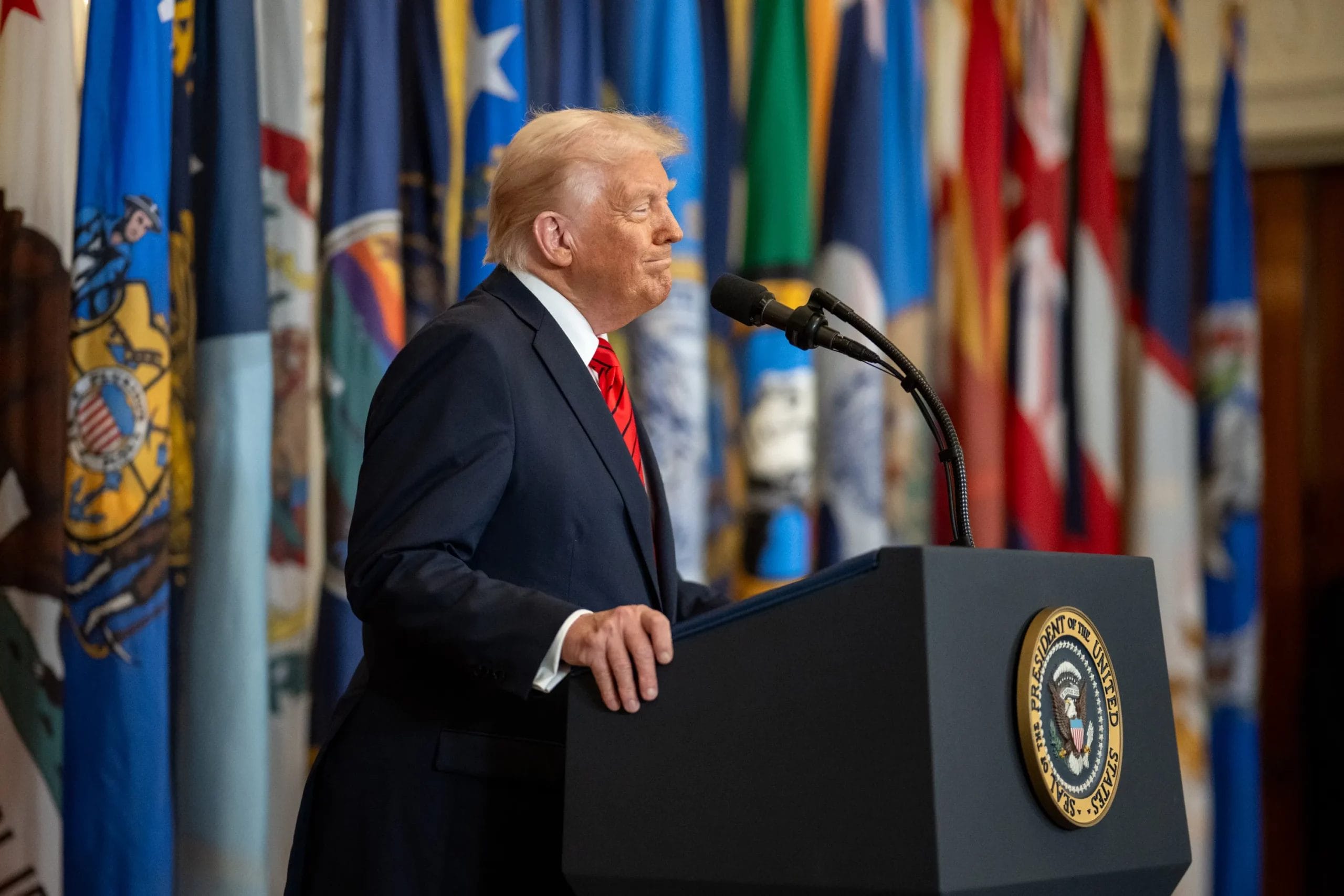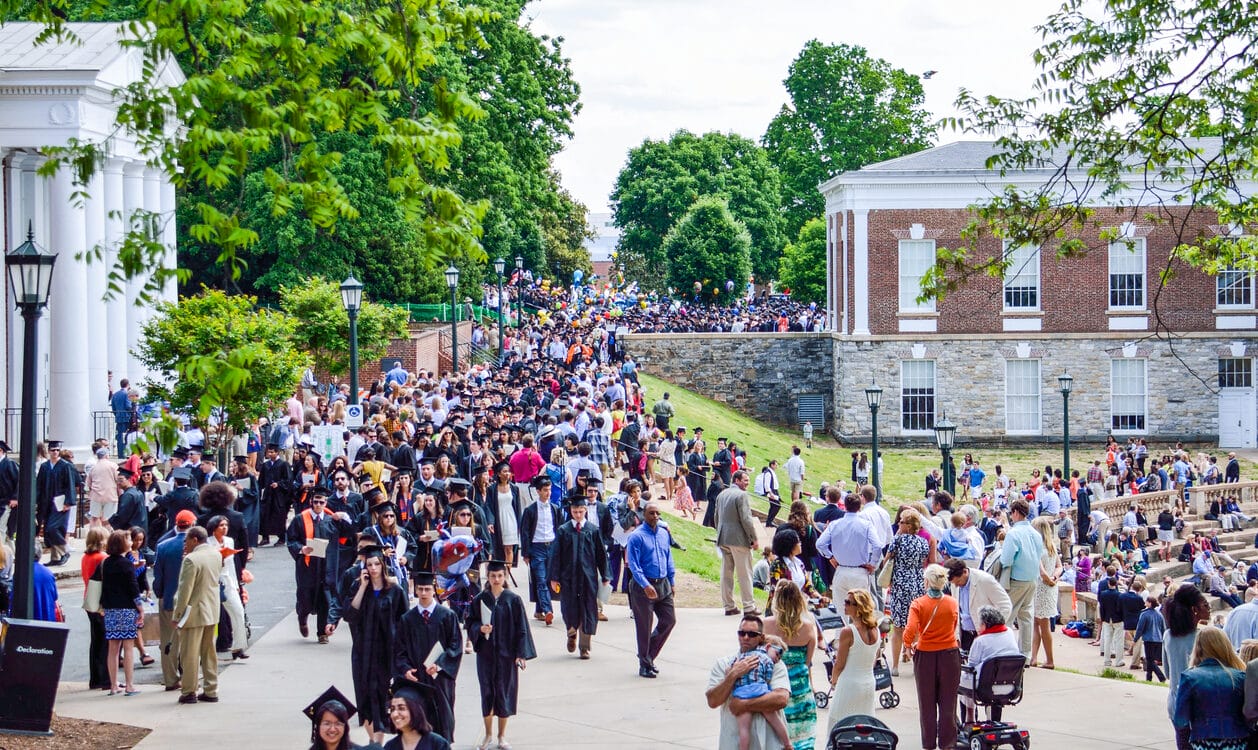Education bureaucracy could be a real problem beyond Washington

For decades, conservatives and limited-government advocates have sought to abolish the U.S. Department of Education, viewing it as the perfect model for federal overreach. President Trump has made the long sought after ambition more reality than political fantasy with his Executive Order, and Congress should assist in fulfilling that mission. Yet even if the agency closes for good, deeply entrenched bureaucratic mandates at the state level will continue to pose challenges for an education system that is stagnant with low public confidence.
While Trump has continually signaled that money going to states be block granted, and this is certainly an improvement, some state level departments of education and instruction will be tempted to double down on many of the mistakes made at the federal level. Recent headlines reveal that some state agencies are already looking to hire laid off federal workers, raising the risk that entrenched bureaucratic thinking could be emboldened within the state departments.
In a 2014 report on state education agencies, Andy Smarick and Juliet Squire sum up the crux of the matter, “….Leaders serious about radically strengthening their education systems must recognize the natural limitations of conventional state education agencies and be willing to look outside of government for solutions to our most pressing K–12 challenges.”
Thankfully, many states since have begun aggressive reforms by expanding school choice legislation. While school choice is not a savior by itself, it empowers parents to take greater ownership of their children’s education. As the conservative intellectual Russell Kirk wrote, “True education is meant to develop the individual human being, the person, rather than to serve the state.”
By shifting decision-making away from distant bureaucracies and back to families, school choice helps to revive the original purpose of education—educating and forming moral citizens, not blindly serving the interest of government or the teacher unions.
Decentralization away from the state level — where more power and authority are given to local school boards and districts should happen as well. Local and not just state control is a huge component of our federalist system, too. Furthermore, it’s a much-needed reminder that self-government means more of the hard decisions about education and many of the controversies surrounding it should be done in our communities and with our neighbors that we live nearby. It pushes us to ask the enduring question of our democracy: What is our capacity for self-government?
The Roman Catholic teaching of subsidiarity offers some wisdom here, which “reminds us that larger institutions in society (such as the state or federal government) should not overwhelm or interfere with smaller or local institutions (such as the family, local schools, or the Church community).”
Downsizing the authority of the federal government in education is long overdue. The department proved long ago that they failed miserably to improve education outcomes. Likewise, while states play an important role in expanding choice and providing the basic guardrails for direction and accountability in schools, it can never replace the role and influence of parents, local communities, and civic institutions that can powerfully shape the moral and intellectual formation of students.
When we fully recapture that sentiment, we’ll likely be reminded that government bureaucracy can’t care for our children the way their families and communities can.



